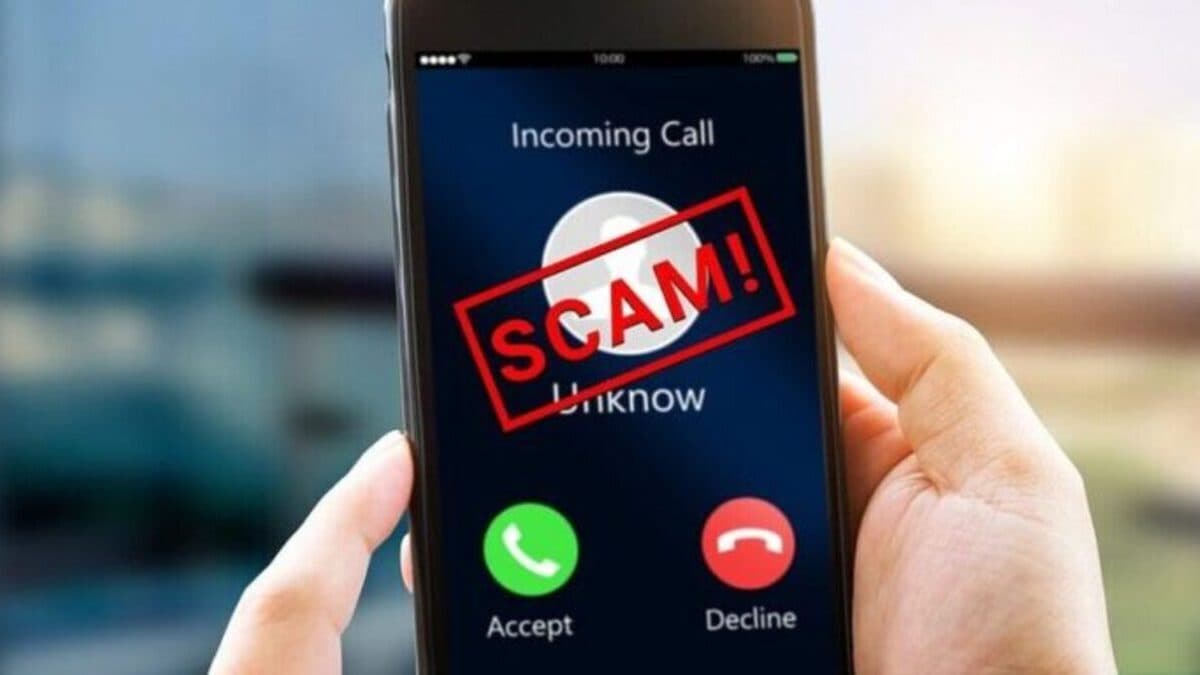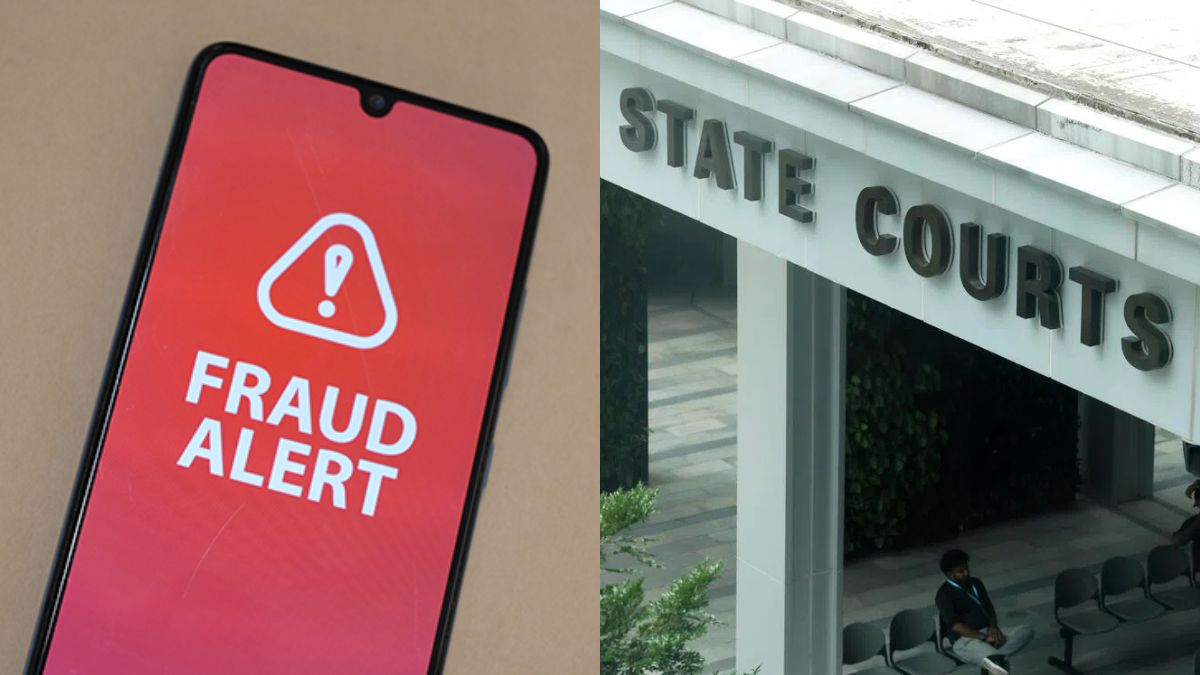Police warn of resurfaced bulk order scam causing S$52,000 in losses
A bulk order scam targeting local businesses has resurfaced, causing losses of at least S$52,000 since May. Scammers pose as school staff making large purchases, before directing victims to pay fake suppliers.

- At least five bulk order scam cases since May 2025 caused S$52,000 in losses.
- Scammers pose as school staff placing large orders, directing victims to fake suppliers.
- Police urge independent verification and caution against advance payments.
A scam involving fraudulent bulk orders has resurfaced, with at least five cases reported and total losses of about S$52,000 since May 2025, the Singapore Police Force said in a statement on 28 July.
The perpetrators have mainly targeted businesses in the renovation, food and beverage, retail, and service sectors.
Police said scammers typically pose as teachers or administrative staff from local schools when contacting potential victims. They reach out through phone calls or text messages, claiming to make large purchases or reservations.
In several cases, scammers requested specific brands or unusually large quantities of goods that the victims did not normally stock. The requests were often presented as urgent, leaving little time for verification.
The fraudsters then directed victims to purchase items from a “recommended supplier” — which was in fact part of the scam.
To appear legitimate, scammers sometimes sent forged documents showing partial payments or purchase orders. This created the impression that the orders were genuine and that payment was guaranteed.
Victims usually realised they had been deceived only when neither the purported customer nor the suggested supplier could be contacted, and no goods or payments were received.
Police advised businesses to be vigilant when receiving bulk order requests from new or unfamiliar clients. They should verify the authenticity of customers and suppliers independently, rather than relying on introductions made by potential clients.
Businesses are also urged to avoid making advance payments or deposits, and to conduct face-to-face meetings where possible. Payments should only be made after goods have been delivered or services rendered.
Authorities added that companies should watch for warning signs such as large or unusual orders, requests for unfamiliar brands, or urgent delivery timelines.








0 Comments